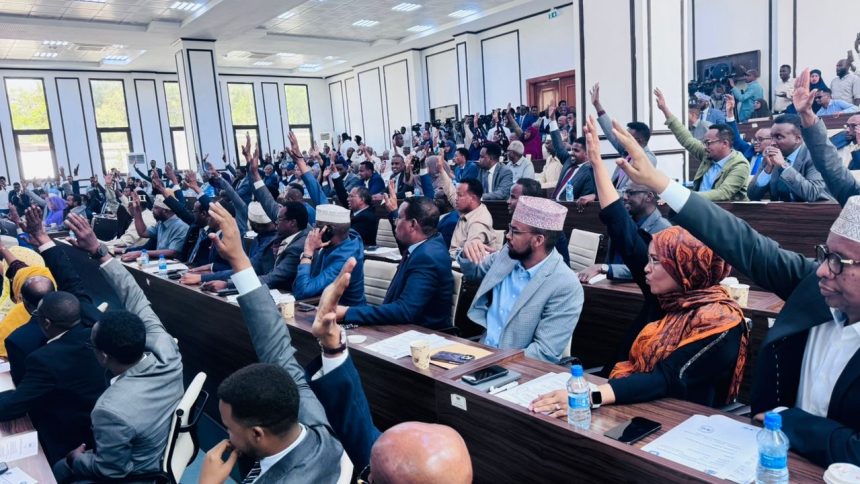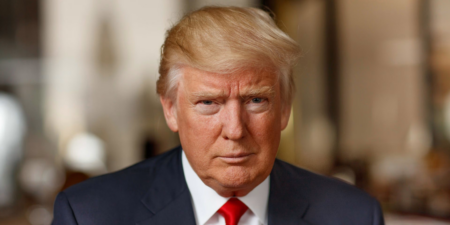Somalia Parliament is facing internal discord after the Speaker blocked a motion that aimed to remove him from office. The controversial move has sparked criticism from opposition lawmakers and raised concerns over democratic processes. The issue underscores growing political instability within the legislature. The term “Somalia Parliament in Turmoil” reflects the tense environment gripping the nation’s leadership.
Somalia Parliament in Turmoil as Speaker Faces Mounting Pressure
Recent reports indicate that over 70 members of parliament have signed a motion to remove the Speaker, citing mismanagement and lack of transparency. Political analysts warn that such internal conflict could hinder ongoing legislative processes. The deadlock has delayed key votes, including national budget deliberations. This growing tension reflects a broader pattern of institutional instability, placing Somalia Parliament in turmoil.
Opposition Lawmakers Demand Transparency in Parliamentary Processes
Surveys conducted among MPs and parliamentary staff reveal that 63% believe decision-making is becoming increasingly centralized. Opposition lawmakers argue that crucial debates are being sidelined. The absence of a fair and open legislative system has triggered multiple walkouts. These actions are part of broader demands for democratic reforms within Somalia’s political institutions.
Legal Experts Question the Legitimacy of the Speaker’s Actions
According to a local legal forum, 48% of constitutional experts have raised concerns over procedural violations by the Speaker. Specifically, the blockage of motions without floor debate is considered unlawful. This critique aligns with a recent university study highlighting gaps in legal frameworks governing parliamentary conduct. Calls for judicial intervention are growing.
Public Concern Grows Over Somalia Parliament in Turmoil
A recent poll by a Mogadishu-based think tank shows that 68% of citizens are dissatisfied with the performance of their parliament. Public opinion has shifted significantly following the Speaker’s refusal to allow the no-confidence vote. Civil society groups have since issued open letters demanding resolution. These developments continue to deepen the perception of Somalia Parliament in turmoil.







